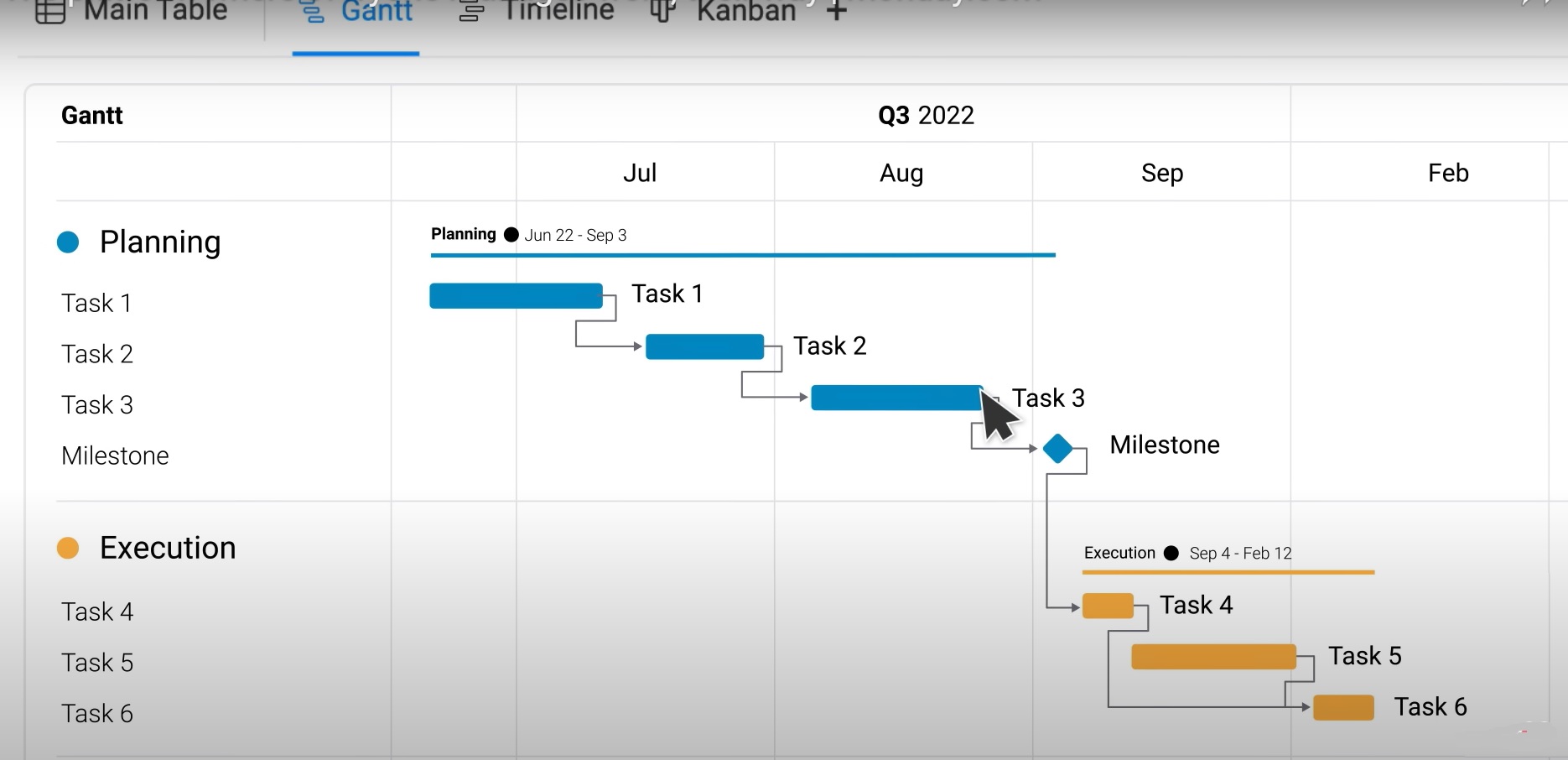Economics is a social science that studies producing, distributing, and consuming goods and services. It plays a significant role in the development of societies and the growth of businesses. Economists study allocating resources, producing, and distributing goods and services and how individuals and organizations make decisions to maximize their gains.
In recent times, some have questioned the relevance of economists in business. With the rise of technology, artificial intelligence, and big data, some have argued that economists are no longer necessary for businesses. However, this couldn’t be further from the truth. If you’re an economics student, you might wonder if studying a business economics major is worth it. And if you need an assignment helper to complete individual economics homework, feel free to seek assistance.
This article explores whether businesses still need economists. Keep reading to find out!
Economist Job Overview in the US
Economics is a career that combines your analytical skills with your passion for making sense of the world’s financial complexities. And if you are considering working in the US as an economist, you might want to know the job terms and the expected salary. Below is an overview to give you a glimpse of how your dream job feels like.
According to the US Labor Bureau of Statistics , the average pay for an economist is $105,630. And while most economist jobs require a master’s degree or Ph.D., entry-level opportunities are available for those with a bachelor’s degree, particularly in the federal government. Remember, you always seek economics homework help if you feel swamped with assignments.
Most economists work independently in an office, but many collaborate with other economists, statisticians, and accountants, bringing their unique perspectives. In addition, most economist jobs have standard working hours. But businesses may require economists to work overtime to meet strict deadlines.
With about 1,400 economist job openings projected each year, significant opportunities exist to enter the field. These openings arise from the need to replace the workforce that changes occupation or exits the professional due to reasons such as retiring. Plus, the employment growth for economists is projected to be at a solid 6 percent from 2021 to 2031, making it an industry with long-term potential.
Importance of Economists in Business
There is no doubt that modern enterprises need economists for many reasons. Below are some of the reasons why businesses still need economists.
Product Design and Marketing
Economists provide valuable analysis of market trends and forecasts, allowing business owners to make effective decisions on allocating resources best. They study and interpret the economic environment, considering factors such as inflation, exchange rates, tax policies, employment rates, and consumer spending. This allows businesses to anticipate economic changes and risks and plan accordingly.
Economists also help businesses stay competitive by providing insights into market trends and the behavior of competitors. By understanding the market dynamics, businesses can adjust their pricing and product strategies to stay ahead of the curve and maintain their competitive advantage.
Using economists’ analysis, businesses can make more confident decisions, anticipate and adjust to market changes, and take advantage of opportunities while minimizing risk.
Evaluation of Public Policies and Regulations
Economists can provide an in-depth understanding of the macroeconomic environment and insights into how different policies and regulations can impact businesses. The experts provide businesses with an objective analysis of the economic effects of government regulations and can identify potential opportunities arising from public policy changes.
For example, economists can help business owners understand how taxes, regulations, and other government policies affect their bottom line. In this case, an economist would be hired to find out what the impact would be in terms of sales and profits. With their expertise, they can recognize potential opportunities or threats that can help businesses reach their objectives.
By understanding these complexities of the economic environment, business owners can make smarter decisions about managing their finances and operating more efficiently. That way, enterprises can adapt their businesses in response to changing economic conditions and stay competitive. Companies can also plan accordingly and ensure compliance with these regulations.
They Have a Knack for Statistics and Incentives
Economists are trained to collect and analyze large amounts of data using statistical methods, allowing them to identify patterns, trends, and correlations to help businesses make strategic decisions. For example, economists can use data analysis to identify market trends, consumer preferences, and sales patterns, which can help businesses make decisions about product development, pricing, and marketing.
Economists are also well-versed in incentives, which refers to the various factors that motivate people to act in a particular way. Economists can use their firm grasp of the causal relationships between variables to boost decision-making efficiency in business. They can apply the incentives concept to analyze employee behavior, consumer decision-making, and supplier relationships, among other things.
For instance, an e-commerce business can leverage economists’ expertise in predicting the effect of next-day delivery on sales. By identifying the incentives that drive these various stakeholders, economists can help businesses design effective incentive structures and make informed decisions about motivating different parties.
If you have challenges handling your academic work, you can get economics assignment help online. Experts are waiting to assist you.
Economists Help With Corporate Strategy

Economists are crucial in helping businesses develop and implement effective corporate strategies. Some of their roles in designing business strategies include:
- Pricing Strategy: Economists can help companies optimize their pricing strategies by analyzing consumer behavior and market conditions. This can help companies maximize revenue and profits while maintaining a competitive market position.
- Investment Decisions: Economists can help companies evaluate the potential return on investment for different projects or initiatives. Economists can help companies make informed decisions about where to allocate their resources by analyzing the cost-benefit tradeoffs of various options.
- Risk Management: Economists can help companies identify and mitigate potential risks to their business, such as changes in economic conditions, regulatory changes, or disruptions in the supply chain. By anticipating these risks and developing contingency plans, companies can better manage their risk exposure and minimize the impact of any disruptions.
Product Design and Pricing
One of the most important roles of economists in business is to guide product design. By analyzing consumer preferences and behavior data, economists can identify the most important features and benefits to customers and help businesses develop products that meet those needs.
Their cutting-edge research skills are handy in core product design to ensure it matches consumer behavior. For example, economic research is critical when designing new marketing models. This ensures that companies are not wasting resources on products that won’t sell or are not in line with consumer demands.
In addition to guiding product design, economists also play a critical role in pricing strategies. Economists can help businesses determine the optimal price point for their products by examining the relationship between price and demand. This is important because setting the right price can mean the difference between making a profit and going bankrupt.
Case Study: How Economists Benefit Amazon
Amazon is an American multinational company founded by Jeff Bezos in 1994 and based in Seattle, Washington. It is the largest e-commerce retailer in the world, with an estimated net worth of $996.03B as of February 2023.
Amazon’s tremendous success is primarily attributed to its focus on innovation and unprecedented customer service. The company leverages economists who carry out research and advice on corporate strategy. They have a team of over 150 Ph.D. economists ranging from the chief economist to recent Ph.D. graduates.
These professionals are the brains behind the firm’s market design and pricing, forecasting, and digital advertising, among other functions. They work with data and collaborate with other talented economists to unravel the unique challenges in technology and e-commerce business.
Amazon economists work with the latest data systems and apply economic theory to craft econometric models that suit the dynamic e-commerce environment. They have helped the company maintain a competitive edge in the industry.
Thus, Amazon’s success is proof that businesses still need economists. If you are overwhelmed by assignments, you can seek help with economics online.
Final Thoughts
The relevance of economists in business cannot be overstated. They provide businesses with valuable insights into the economy, market trends, and consumer behavior, which are essential for making informed decisions. Economists remain an essential asset as businesses navigate the challenges of an ever-changing economy. So, do businesses still need economists? The answer is a resounding yes.
Reference list entry
- Economists : Occupational Outlook Handbook: : U.S. Bureau of Labor Statistics. (2023, February 6). https://www.bls.gov/ooh/life-physical-and-social-science/economists.htm
- A. Grin. . Is Accounting a Hard Major? [2023]: Get Complete Details Here! (2023, February 3) https://www.marifilmines.com/is-accounting-a-hard-major/
- Harvard Business Review. Why Tech Companies Hire So Many Economists. (2019, February 12). https://hbr.org/2019/02/why-tech-companies-hire-so-many-economists
